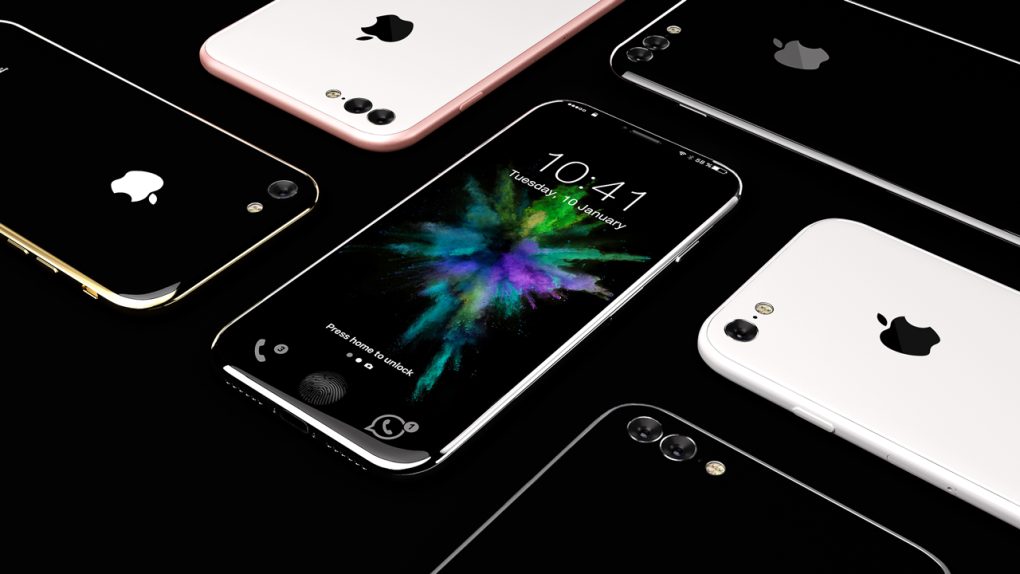Apple celebrates the iPhone’s 10th anniversary this year, a product that revolutionized the smartphone business. And Apple’s iPhone has been “doomed” for as many years, with plenty of pundits predicting the iPhone’s imminent demise — that all happened while many of Apple’s competitors saw their own destruction, including Palm, Nokia, BlackBerry, and Microsoft.
In 2016 the inevitable happened, and Apple shipped fewer iPhones than a year before, drawing more criticism from some people. But Apple’s about to experience a series of upgrade cycles like never before, and it’s all starting with the iPhone 8.
Apple sold 212 million iPhones in fiscal year 2016, down 8% compared to 2015. But Apple added more users to its installed base, which is a critical resource for Apple’s future iPhone business.
Bernstein analyst Toni Sacconaghi Jr. said in a research note seen by Business Insider that the installed base of iPhone users is “so massive” that it’ll practically ensure a series of self-generating “supercycles” in the years to come, starting with the iPhone 8.
“Our analysis indicates that iPhone’s installed base will be nearly ~80% larger entering the iPhone 8 cycle than it was entering the strong iPhone 6 cycle,” he said.
The installed base measures 691 million phones now and should hit 855 million by 2018. In 2018, some 2003 million iPhones will become old that users will go for a new model. The data shows the upgrade rate among iPhone users stays at roughly one in every four iPhones in the installed base. The bigger that installed base, the more iPhones Apple will sell to upgraders.
As Business Insider points out, Apple might sell more than 200 million phones a year to existing iPhone owners in the years to come. Add to that new iPhone users that Apple will probably win every year, and we might see more and more iPhone sales records in the coming years. But it all starts with the iPhone 8 this September.








